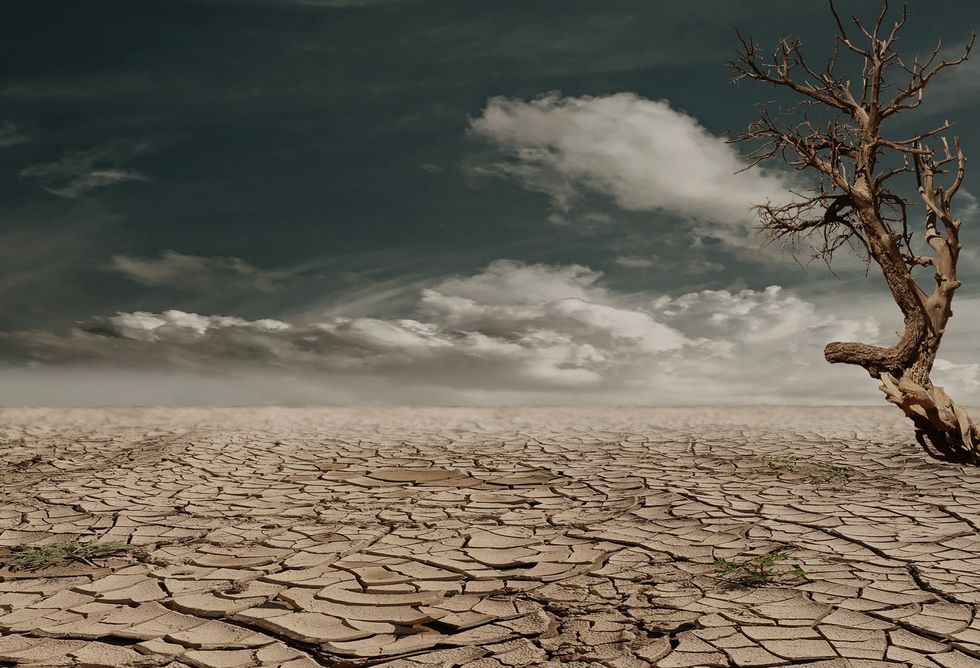In high school, one of my teachers told us a pretty good analogy that still sticks with me to this day. Imagine two stadiums, one of which is filled with 20 people and one of which is filled with 500,000. Above each stadium appears a large dump truck full of money. Billions of dollars are poured into the stadium with 20 people, and all of them go to get some, ending up with more than enough for each of them to live a lavish life. Into the other stadium, about 1 million dollars are poured overall, and the 500,000 people scramble to get the money, each of them fighting over it and some of them ending up with none, while others end up having barely enough to get by.
While the math may not be solid on that analogy, it shows how few people often end up with the bulk of money, food, land, and other important resources that are essential for humans. As a society, we often talk about how overpopulation is a huge problem that needs to be solved. And while it would definitely help our planet to try and keep our population at a level it can sustain, it is not the biggest issue which needs to be addressed.
The richest 10% of people own almost 90% of the world's wealth. And it's the wealthiest people who are often putting the biggest strain on the environment, producing much more CO2 individually than someone who is low-income and living in a developing country.
Whenever we talk about climate change, we always talk about what each person can do individually, such as taking the bus, planting a tree in their backyard, or otherwise doing things to reduce their carbon footprint, like recycling. While all of these things are great, and we should continue to implement them in our daily lives, the biggest and most important change to the climate won't come until bigger, wealthier, and influential corporations and people make these changes too.






 The minimum wage is not a living wage.
StableDiffusion
The minimum wage is not a living wage.
StableDiffusion
 influential nations
StableDiffusion
influential nations
StableDiffusion







